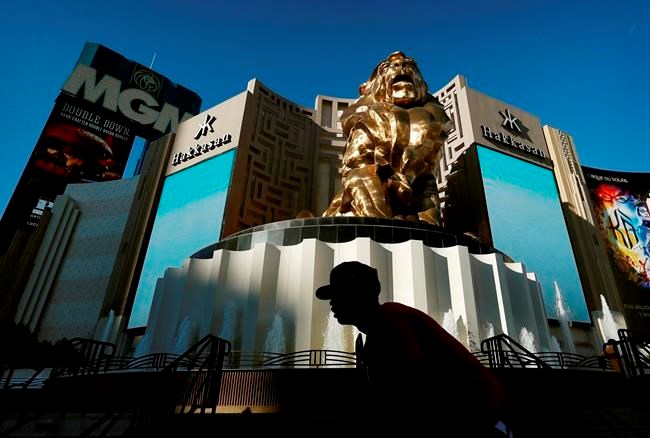MGM Resorts is laying off 18,000 people as an unchecked pandemic leaves economic scars across a broad swath of U.S. industries, particularly those that rely on healthy crowds of people.
The layoffs at MGM, which amount to about a quarter of its U.S staff of about 70,000, caps a wave of job cuts and buyouts this week across a broad array of industries.
Economists warn that sizable layoffs will continue and any recovery is likely to falter as long as the virus rages and Congress doesn’t come up with additional financial aid for the unemployed, as well as desperate state and local governments.
MGM furloughed 62,000 of its 70,000 employees when casinos in Nevada were forced to close on March 17. Many of them opened again in early June, but mandated capacity controls are in place.
MGM, with properties in Mississippi, Massachusetts, Michigan, New York and overseas in Macao, has brought back workers, but with 50% capacity limits, fewer workers are needed. Two properties, one in New York and one in Las Vegas, are still closed.
MGM said that federal law requires the company to send layoff notices to employees that have been furloughed for six months. The company said Friday that it will rehire workers when it can.
Economists are unsure how many American jobs are being lost, permanently.
Earlier on Friday, Coca-Cola said it was offering buyouts to 4,000 employees ahead of pending layoffs.
Half of Coca-Cola’s sales come from stadiums, movie
United and American airlines, beset by plunging air travel, said they will cut thousands of jobs unless Washington provides more financial aid. Tech company Salesforce said this week that it's cutting 1,000 jobs. Bed Bath & Beyond cut 2,800 positions.
Those numbers represent only a fraction of the job losses besetting the U.S. economy. Since late March, claims for unemployment benefits have exceeded 1 million in every week but one.
On Thursday, the Labor Department reported another million Americans applied for unemployment benefits. More than 14.5 million are collecting traditional jobless benefits -- up from 1.7 million a year ago — with no end in sight.
Employers cut more than 22 million jobs in March and April as the outbreak brought normal business to a screeching halt. As economies slowly reopened, the economy generated than 9 million jobs in May, June and July. But that still a huge shortfall in jobs.
The steady drip of job losses may have already begun to play out in other crucial parts of the economy.
Consumer confidence has tumbled to its lowest level since 2014, the Conference Board, a business research group, reported this week. Consumer spending makes up about 70% of the economic activity in the U.S., and is watched closely.
The springtime layoffs were expected to be temporary. The workers seemed likely be brought back once the health crisis eased.
But Heidi Sheirholz, economist at the Economic Policy Institute, is worried that the recent wave of layoffs at big companies signals something more permanent.
“We’re still in a terrible hole,’’ Shierholz said. “The fact that jobs growth is slowing is devastating.’’
Matt Ott, The Associated Press


